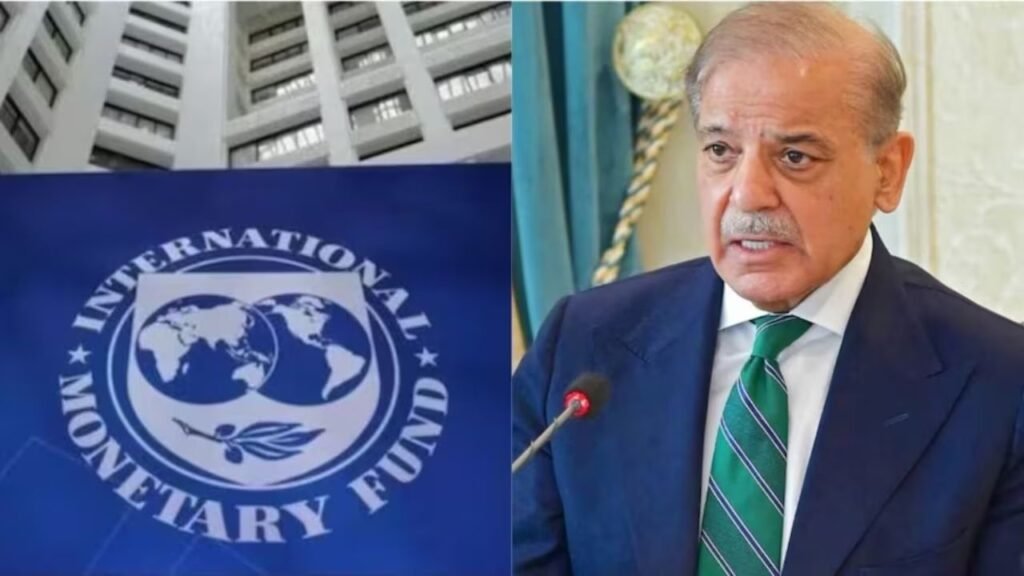In a significant development, the International Monetary Fund (IMF) has introduced 11 additional conditions to Pakistan’s ongoing bailout program, bringing the total number of structural benchmarks and conditions to 50. This move comes in the wake of escalating geopolitical tensions between Pakistan and India, particularly following India’s Operation Sindoor, a series of military strikes targeting terrorist infrastructure in Pakistan.
IMF’s Enhanced Oversight
The newly imposed conditions by the IMF underscore concerns over Pakistan’s fiscal discipline, governance, and commitment to structural reforms. The IMF has expressed apprehension that heightened tensions with India could jeopardize Pakistan’s planned economic reforms, increasing the “enterprise risk” associated with these initiatives. Furthermore, the IMF highlighted the “reputational risk” posed by perceptions that the newly approved funds could be misused or diverted from their intended purposes.
India’s Stance and Regional Implications
India has voiced strong opposition to the IMF’s financial assistance to Pakistan, arguing that such funds might be diverted to support activities that threaten regional stability. Indian Defence Minister Rajnath Singh has cautioned that Operation Sindoor was merely a “trailer,” implying potential for further action if Pakistan continues to support cross-border terrorism.
Pakistan’s Economic Challenges
Pakistan’s economy is under significant strain, with external debt reaching approximately $130 billion and foreign reserves dwindling. The IMF’s stringent conditions aim to ensure that the financial assistance provided is utilized effectively to stabilize the economy and implement necessary reforms. However, the added conditions also reflect the IMF’s concerns about the potential misuse of funds amid the ongoing geopolitical tensions.


